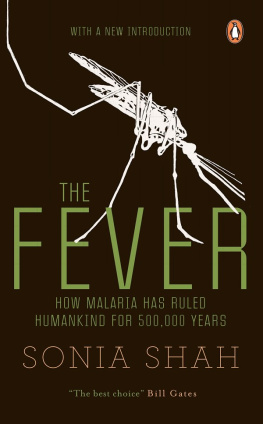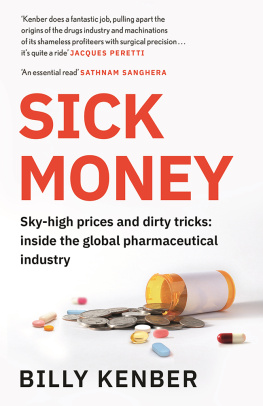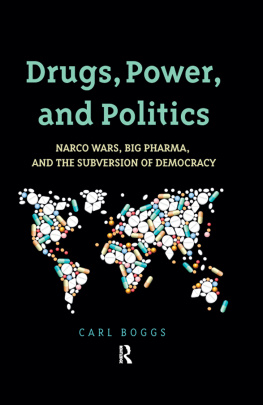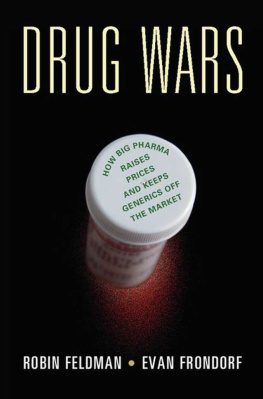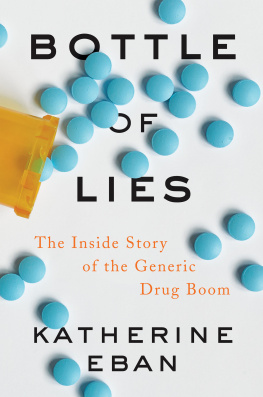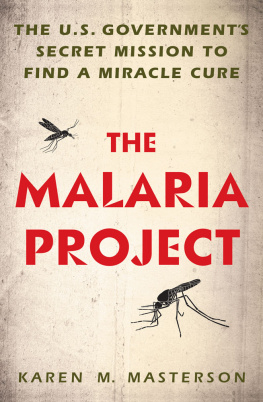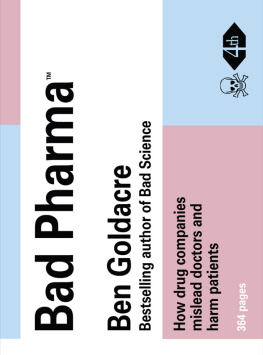THE BODY HUNTERS
Also by Sonia Shah
Crude: The Story of Oil
THE BODY HUNTERS
Testing New Drugs on the Worlds
Poorest Patients
SONIA SHAH

NEW YORK
LONDON
Foreword 2006 by David Cornwell
2006 by Sonia Shah
All rights reserved.
No part of this book may be reproduced, in any form, without written permission from the publisher.
Requests for permission to reproduce selections from this book should be mailed to: Permissions Department, The New Press, 38 Greene Street, New York, NY 10013.
Published in the United States by The New Press, New York, 2006
Distributed by W. W. Norton & Company, Inc., New York
LIBRARY OF CONGRESS CATALOGING-IN-PUBLICATION DATA
Shah, Sonia.
The body hunters : testing new drugs on the worlds poorest patients / Sonia Shah.
p. cm.
Includes bibliographical references and index.
ISBN-13: 978-1-59558-831-9
1. Pharmaceutical policyDeveloping countries. 2. Pharmaceutical industryCorrupt practicesDeveloping countries. 3. DrugsPrescribingDeveloping countries. 4. Drug utilizationDeveloping countries. 5. Medical ethics. I. Title.
RA401.D44S532006
The New Press was established in 1990 as a not-for-profit alternative to the large, commercial publishing houses currently dominating the book publishing industry. The New Press operates in the public interest rather than for private gain, and is committed to publishing, in innovative ways, works of educational, cultural, and community value that are often deemed insufficiently profitable.
www.thenewpress.com
Composition by Westchester Book Composition
This book was set in Palatino
10987654321
Contents
JOHN LE CARR
This book is an act of courage on the part of its author and its publishers. Ever since I wrote The Constant Gardener, I have received approaches, and sometimes complete typescripts, from investigative writers determined to lift the veil on the darker side of the worlds most profitable trade: the pharmaceutical industry. Where a proposed book seemed to have merit, and was not weighed down with mountains of medical jargon, I passed the word to literary agents and publishers readers. Yet not one of the authors, so far as I was ever aware, saw his project realized. And if, months later, I delicately inquired why not, the answer, however wrapped up, was always the same: too risky.
And you might find it comic or outrageous or, if you are of my mind-set, illustrative of the stranglehold of unrestricted corporate power that the topic that is closest to all our lives, and closest to the concerns and responsibilities that we feel for one another, should be deemed too risky for public debate.
You might also find it outrageous that our treasured legal system, originally designed to protect our freedoms, should be the instrument of their suppression. Yet such is the reputation of the gunslinging lawyers of Big Pharma, so unlimited the industrys wealth, so vast its reach into politics, the media, and the very heart of the medical profession and the bureaucracy that sustains it, that publishers have good reason to believe that, in picking a fight with Big Pharma, they are committing their company to a five-star lawsuit, countless hours of office time, disenchanted stockholders, and copies pulped before they reach the stores.
Yet, little by little, the veil is indeed being lifted. The outsourcing of clinical trials to countries where sick people are so poor they are ready to sign up to anything, whether or not they can read whats on the consent form, is now public knowledge. The tendency of Big Pharma to promote phantom, or at best speculative, maladies and then supply the cure for them, is now public knowledge.
The corrupt recruitment of large numbers of doctors in general practice and teaching hospitals to prescribe a particular medical project is now public knowledge
The corrupt recruitment of large numbers of doctors in general practice and teaching hospitals to prescribe a particular medical product is now public knowledge.
The ever-growing list of dangerously under-tested products that have been wished upon the public by supposedly impartial government bodies is public knowledge, as are the links between members of such bodies and the pharmaceutical companies that manufactured them.
It is also public knowledge, since they themselves have owned to it, that learned medical journals of supposed integrity have carried glowing accounts of this or that pharmaceutical product, only to discover they were written not by the august Professor of Something who has put his name to them but by their manufacturers.
But perhaps the worst of Big Pharmas many sins is its persistent encroachment, by means of a combination of lavish sponsorship and moral blackmail, on the integrity of biomedical research at every level, with the consequent ever-growing scarcity of unbought medical minds.
Using clear, accessible language and carefully annotated case histories, Sonia Shah has struck a blow for all who dream of harnessing the huge power for good that is invested in the pharmaceutical industry, of seeing its products made available to those who most need them, and of curtailing the greed that drives its worst practices.
Cornwall, England
February 2006
The blood of those who will die if biomedical research is not pursued will be upon the hands of those who dont do it.
Joshua Lederberg, PhD, Nobel laureate
I mean, shit, we learn by climbing over the bodies of humans.
Murray Gardner, MD, University of California
HIV researcher
Field trials are indispensable.... If, in major medical dilemmas, the alternative is to pay the cost of perpetual uncertainty, have we really any choice?
Donald Frederickson, MD, former National
Institutes of Health (NIH) director
My life and the lives of some of my closest relatives continue thanks to the interventions of modern medicine, a scientific art that has marched forward in fits and starts on a bedrock of clinical research. The drugs that enabled me to survive an emergency cesarean section, those that allow my son to breathe despite allergic asthma, the other ones that correct a hormonal deficit in my mother have been administered to us with success and confidence in part because theyve been tested in hundreds and perhaps thousands of human subjects in experimental trials. Not only that: these successful drugs emerge from a slurry of countless other failed drugs, each of which was also tested on scores of warm bodies, some of which may have been harmed by their shortcomings.
Theres nothing terrible about the truth that medical research imposes burdens. But generally speaking, we dont like to know it. We dont like to see it. The very notion of experimenting upon humans sounds sinister. And yet, if anything, we only want ever more drugs to help or enhance us, and more data to assure our trembling selves of their safety and effectiveness. The response to these contradictory desires has been the same since the mid-1800s, when scientists hell-bent on dissecting animals skirted the outcries of British antivivisectionists by cloaking their slicing in secrecy. Today, savvy drugmakers loudly publicize new medical products, but conduct the required experimentation quietly. And so, while we exult in, bicker over, and complain about the products of medical researchhow much do the drugs cost? who pays? what are the side effects?the vast business of percolating new drugs burrows underground.
Next page

